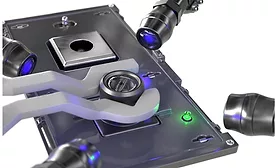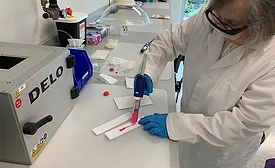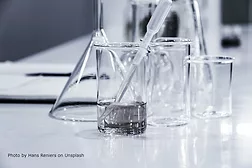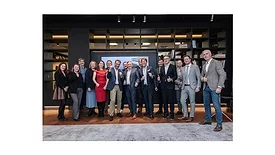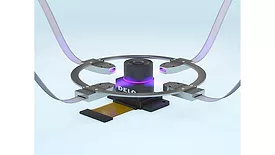Home » adhesives in automotive
Articles Tagged with ''adhesives in automotive''
Automotive adhesive delivers high precision for active alignment of camera modules, reducing cost, time, and CO₂ emissions.
Read More
Automotive and Electronic Adhesives Manufacturer Increases US Presence
DELO hosted a visit to its Sudbury, Massachusetts, facility to showcase its expanded engineering and testing workshop.
January 12, 2024
ASI's Best Articles of 2023
In 2023, readers of ASI found the latest technology in adhesives and sealants, breaking news stories, new product releases, and informative podcasts.
December 14, 2023
Keep the info flowing with our newsletters!
Get the latest industry updates tailored your way.
JOIN TODAY!Copyright ©2026. All Rights Reserved BNP Media.
Design, CMS, Hosting & Web Development :: ePublishing
